Is Pastafarianism a real religion?
Dutch court rules followers cannot wear colander on her head for official photos
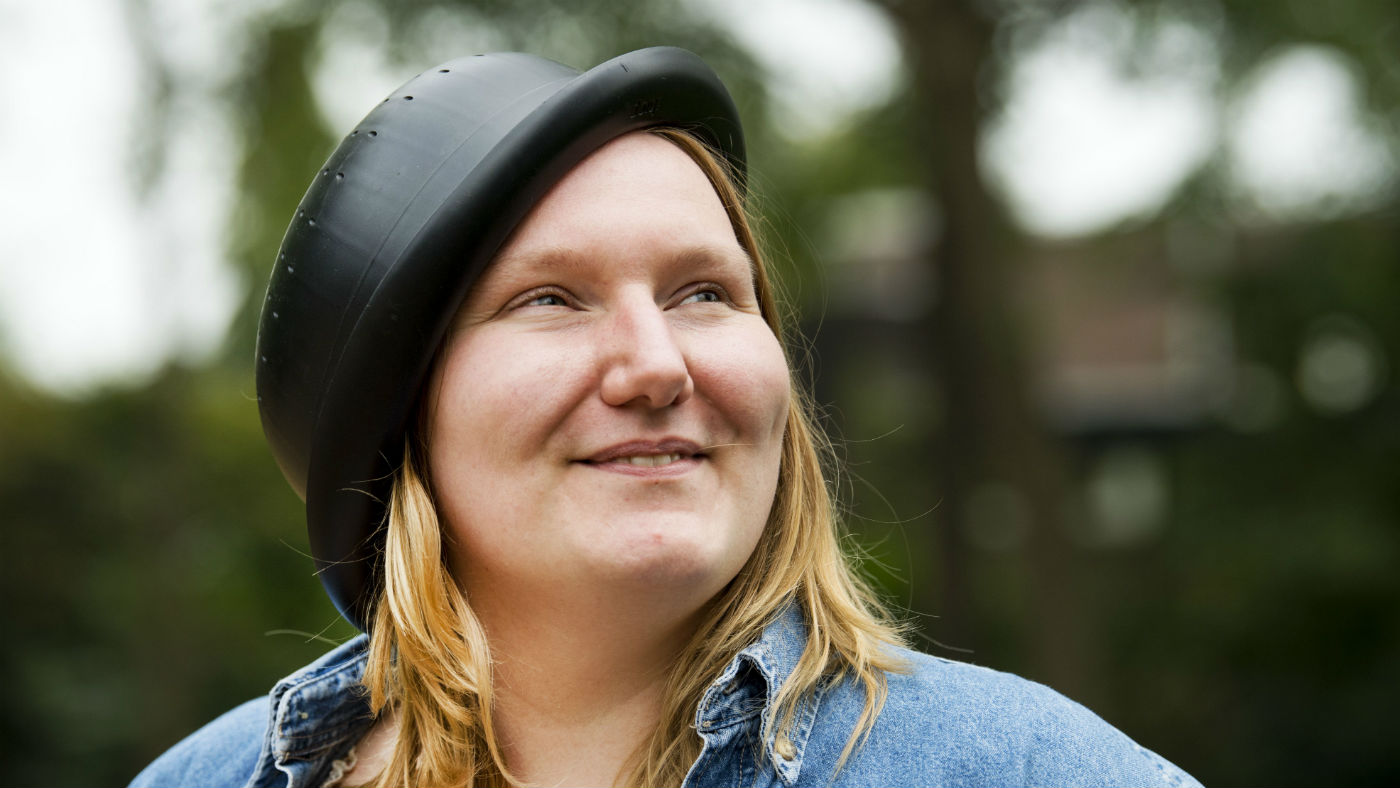
A free daily email with the biggest news stories of the day – and the best features from TheWeek.com
You are now subscribed
Your newsletter sign-up was successful
A Dutch follower of the Church of the Flying Spaghetti Monster has been denied the right wear a colander on her head in her passport photo, after a court ruled Pastafarianism was not a religion.
The Netherlands’ highest court ruled that Mienke de Wilde could not be exempted on religious grounds from a ban on headwear in official identity photographs, because Pastfarianism was essentially a satire and not a serious faith.
Formed in the US in 2005 in response to the teaching of creationism in schools, Pastafarians worship an invisible and undetectable god called the Flying Spaghetti Monster, wear colanders on their heads in homage, advocate the teaching of Flying Spaghetti Monsterism, vow to be nice to all sentient beings and eat a lot of pasta. They also conclude their prayers with “Ramen” rather than “Amen” and their heaven has a stripper factory and beer volcano.
The Week
Escape your echo chamber. Get the facts behind the news, plus analysis from multiple perspectives.

Sign up for The Week's Free Newsletters
From our morning news briefing to a weekly Good News Newsletter, get the best of The Week delivered directly to your inbox.
From our morning news briefing to a weekly Good News Newsletter, get the best of The Week delivered directly to your inbox.
Officially recognised by the New Zealand government, which approved it to conduct marriages in 2015, “the church’s status is disputed in many other countries”, says The Guardian, “although several have allowed followers to wear colanders or pirate outfits for ID photographs”.
In handing down its ruling, the Dutch court said: “It is important to be able to criticise religious dogma freely through satire but that does not make such criticism a serious religion,” adding that Pastafarianism lacked the “seriousness and coherence” required of a religion.
De Wilde is now considering taking her case to the European court of human rights.
A free daily email with the biggest news stories of the day – and the best features from TheWeek.com
-
 Political cartoons for February 15
Political cartoons for February 15Cartoons Sunday's political cartoons include political ventriloquism, Europe in the middle, and more
-
 The broken water companies failing England and Wales
The broken water companies failing England and WalesExplainer With rising bills, deteriorating river health and a lack of investment, regulators face an uphill battle to stabilise the industry
-
 A thrilling foodie city in northern Japan
A thrilling foodie city in northern JapanThe Week Recommends The food scene here is ‘unspoilt’ and ‘fun’
-
 Sexual abuse and ‘cruel indifference’: the disgrace of the French Catholic Church
Sexual abuse and ‘cruel indifference’: the disgrace of the French Catholic ChurchSpeed Read Landmark report estimates around 330,000 children were abused by clergymen and officials between 1950 and 2020
-
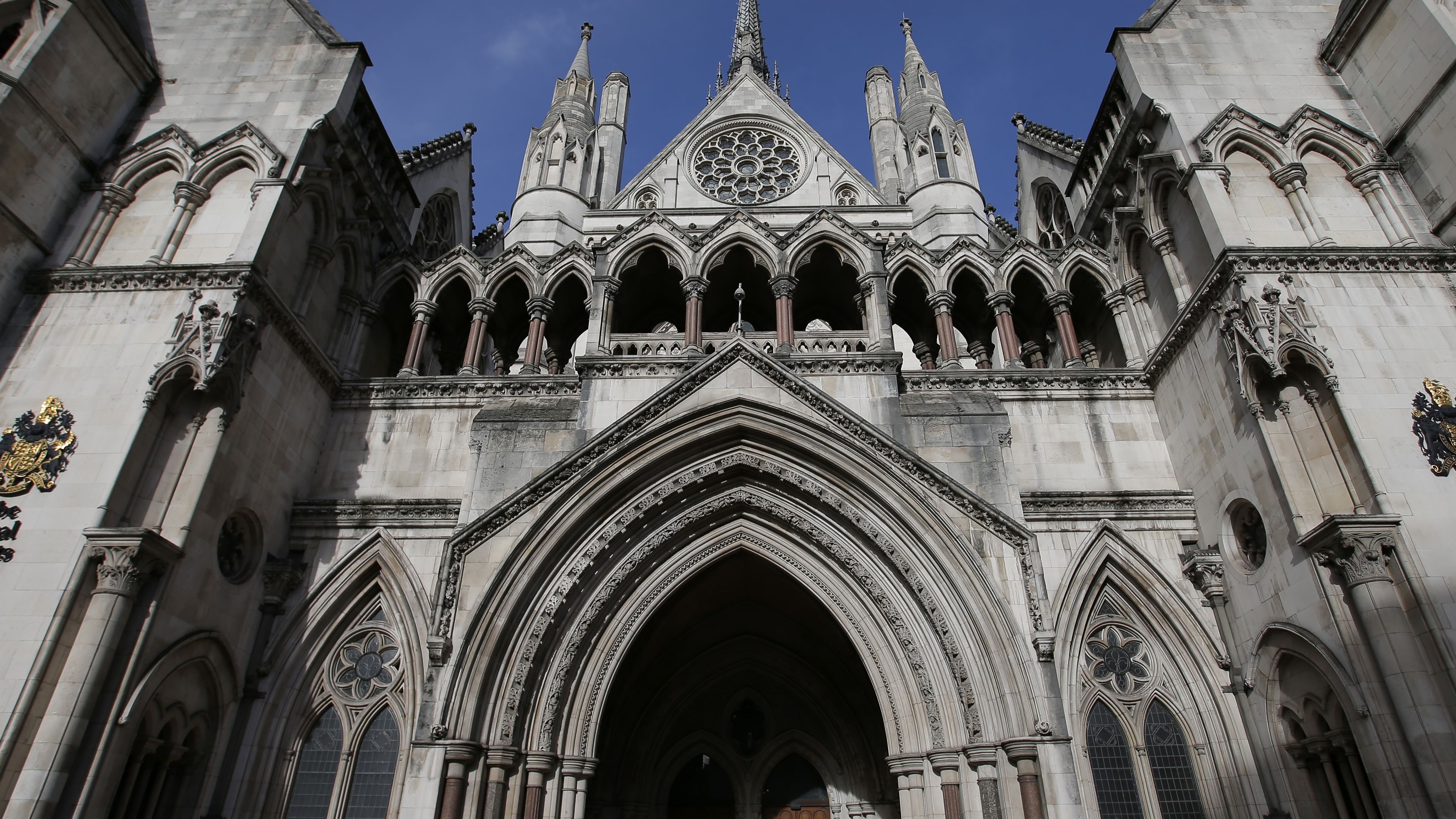 Former Jehovah’s Witnesses sue over historic sex abuse
Former Jehovah’s Witnesses sue over historic sex abuseSpeed Read Group’s controversial ‘two witnesses’ policy has come under fire
-
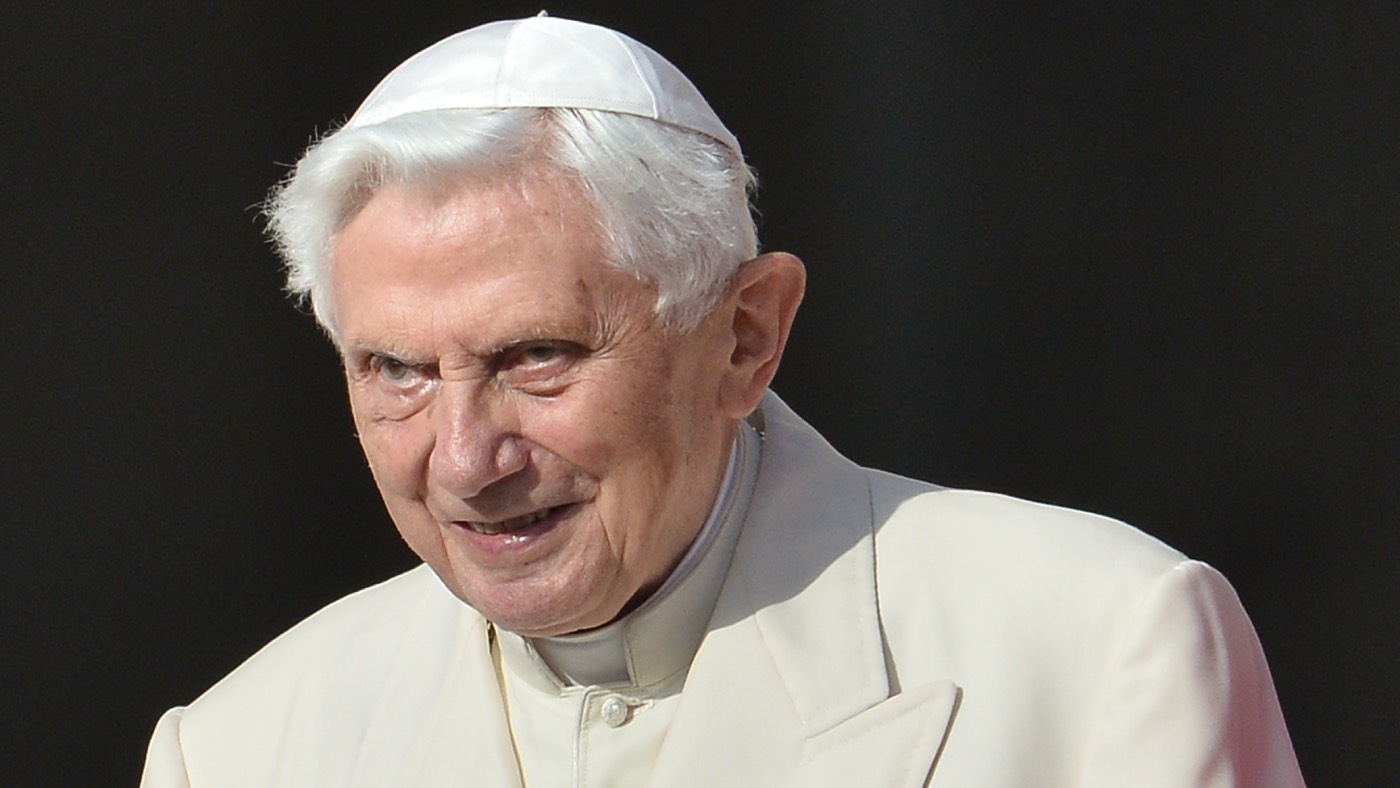 Retired Pope Benedict warns against relaxing celibacy rules
Retired Pope Benedict warns against relaxing celibacy rulesSpeed Read Benedict says he ‘cannot keep silent’ on the issue in new book
-
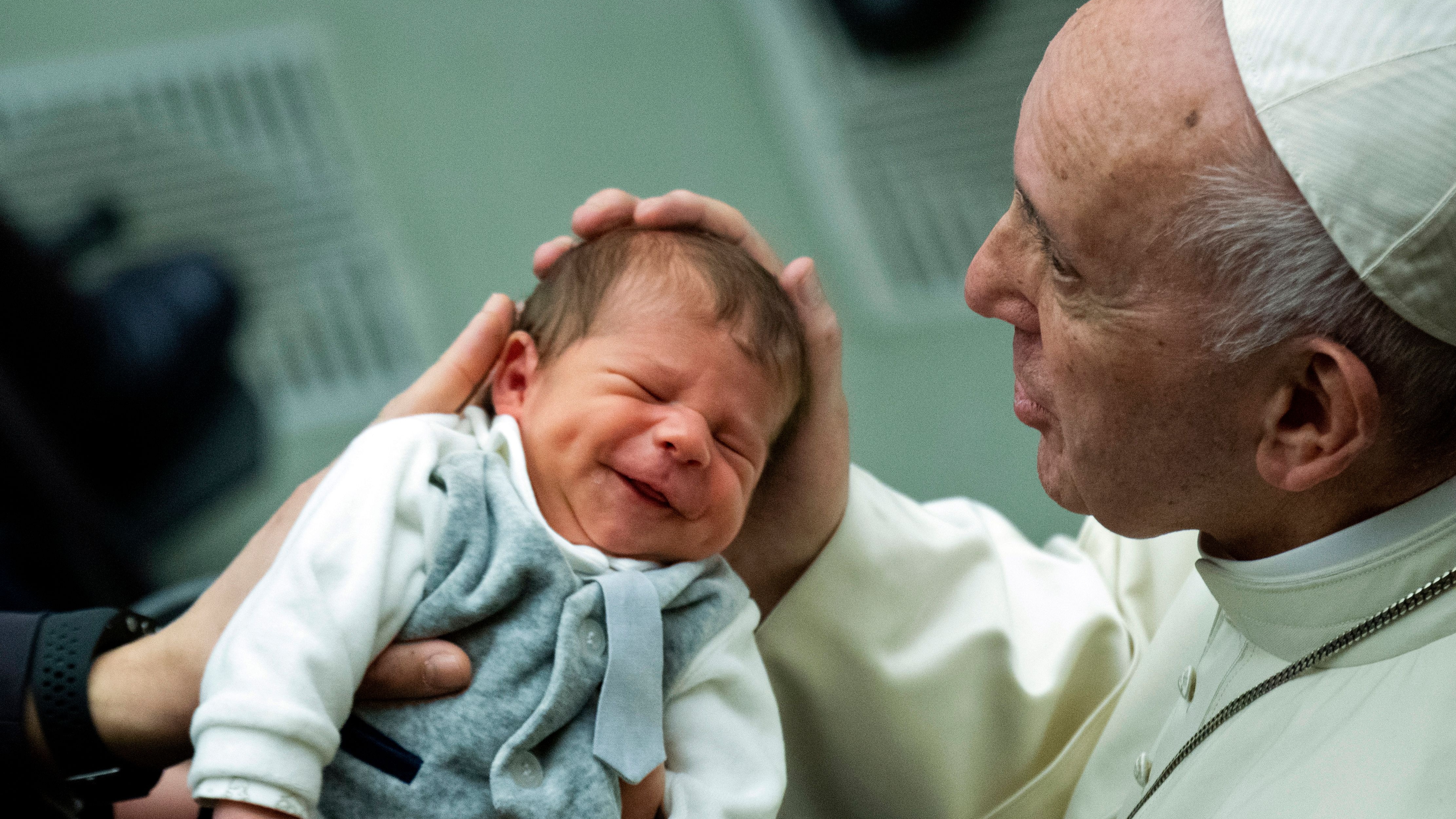 Pontiff passion killer: why Italians have less sex when the Pope’s in town
Pontiff passion killer: why Italians have less sex when the Pope’s in townSpeed Read New study reveals drop in unintended pregnancies following papal visits
-
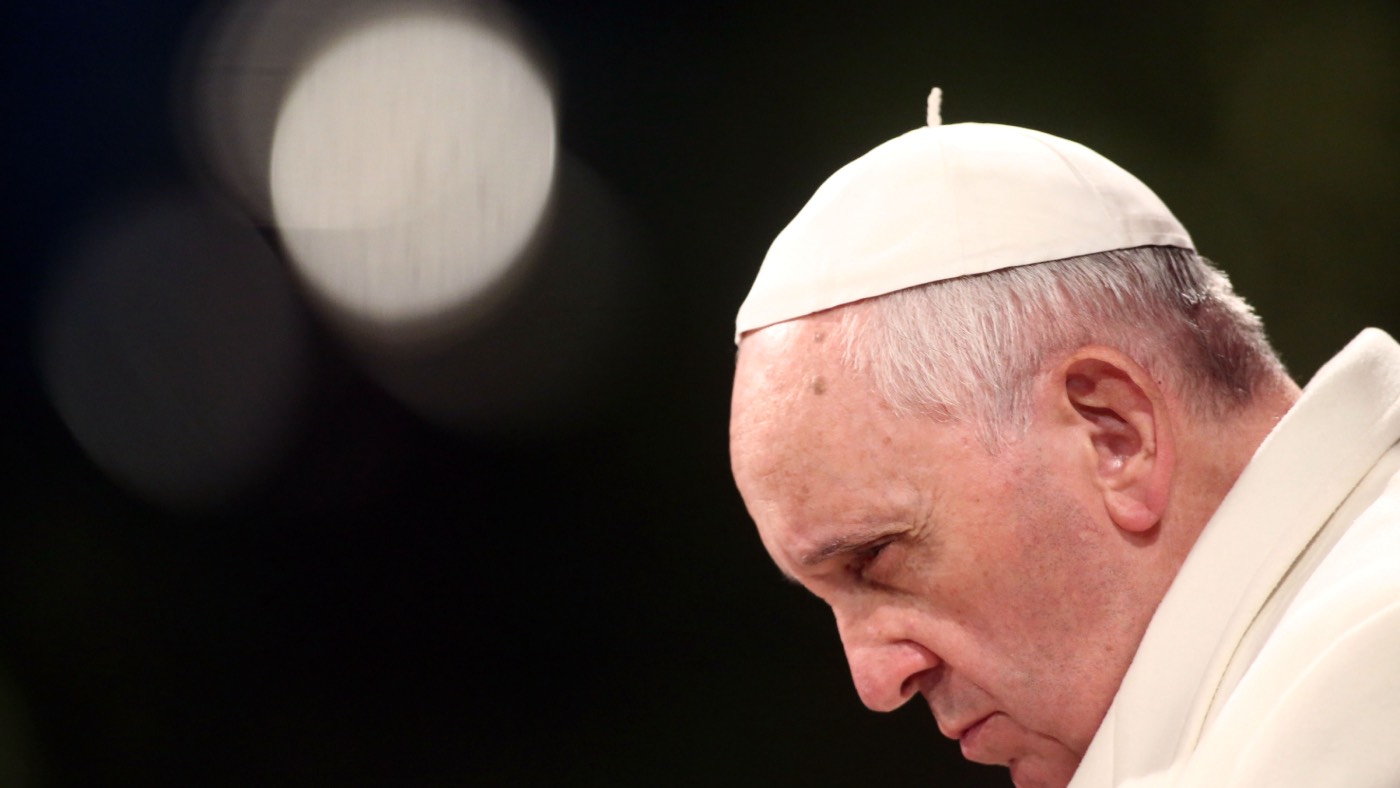 Pope Francis lifts ‘pontifical secret’ rule in abuse cases
Pope Francis lifts ‘pontifical secret’ rule in abuse casesSpeed Read Sex abuse cases will no longer be held in secret as Church wrestles with the issue
-
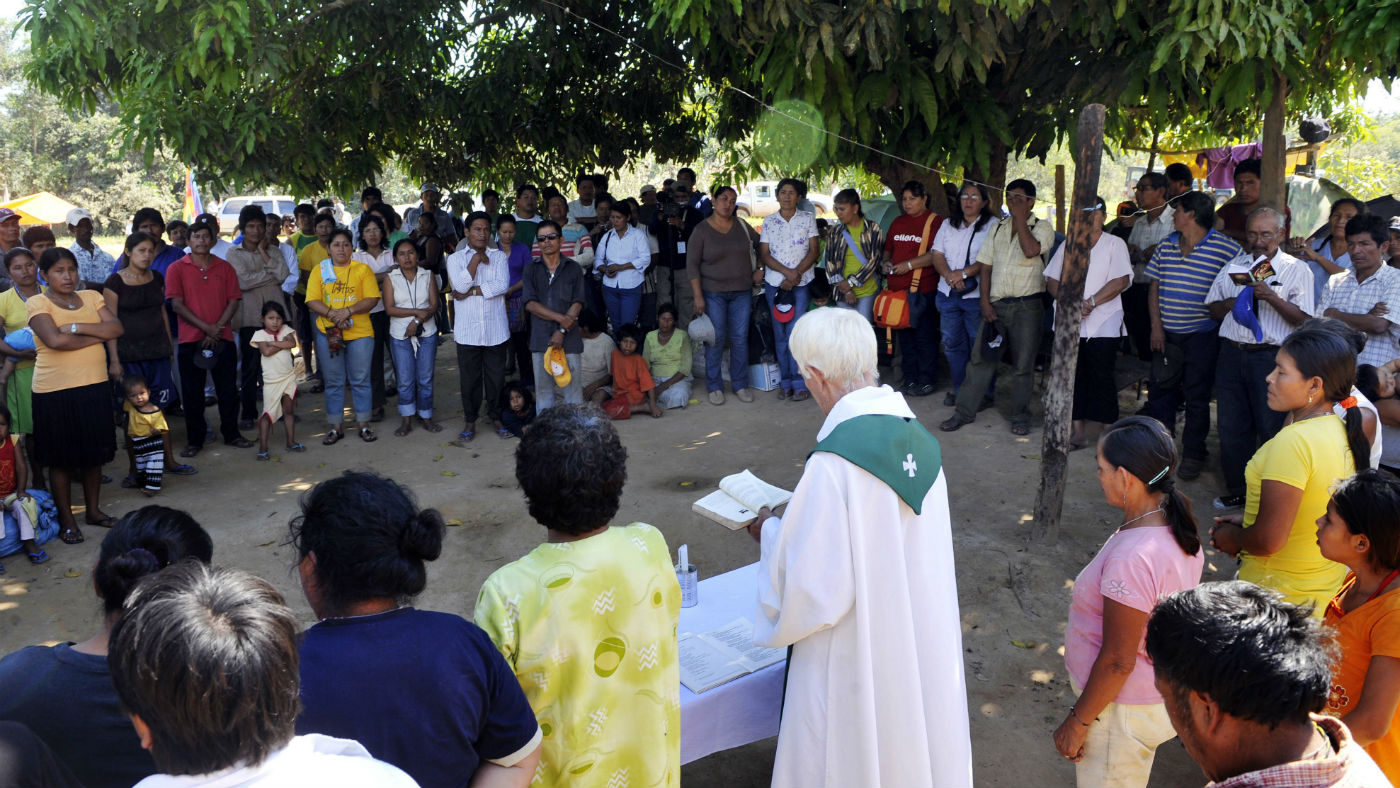 Catholic Church to consider ordaining married men
Catholic Church to consider ordaining married menSpeed Read Ending centuries of orthodoxy, radical plan aimed to address clergy shortage could lead to conservative backlash
-
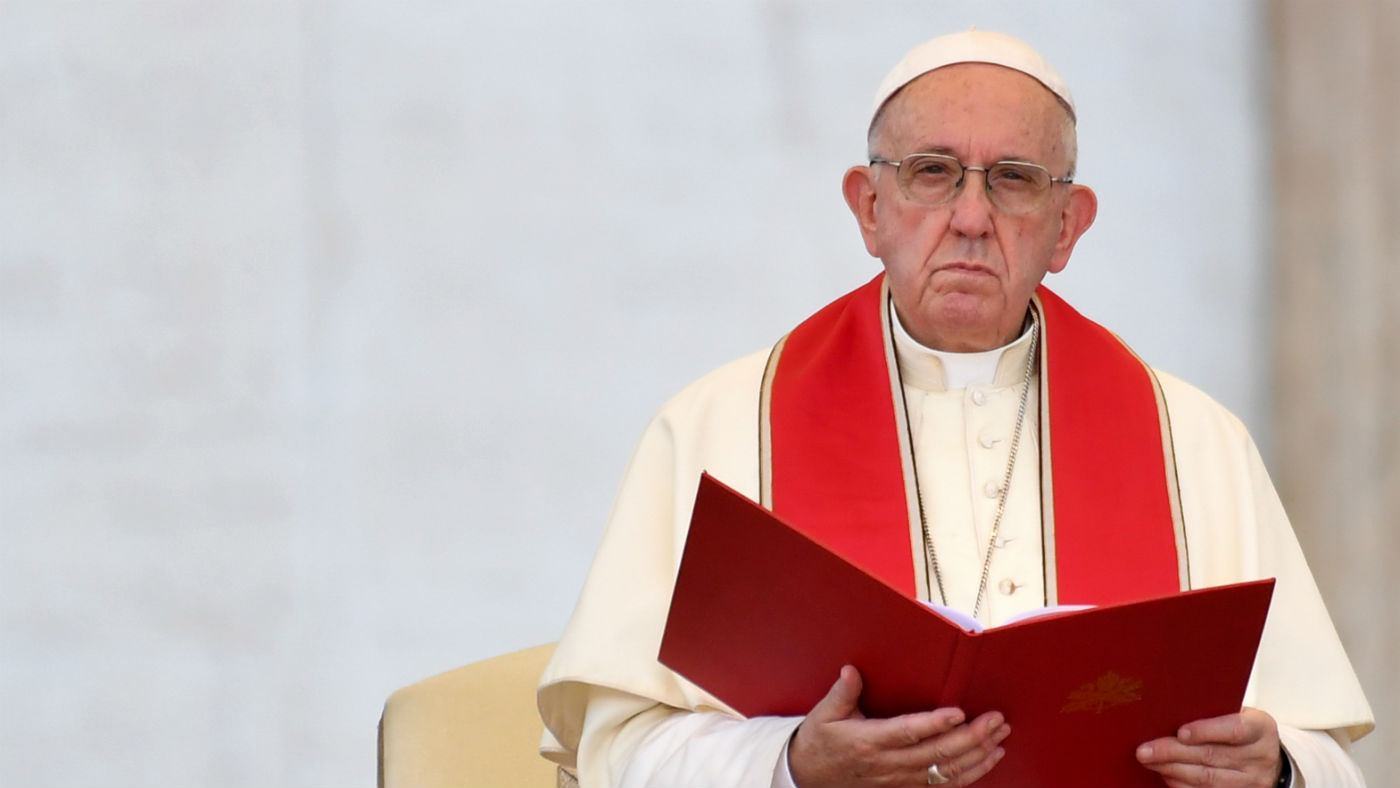 Pope Francis to force clergy to report sex abuse
Pope Francis to force clergy to report sex abuseSpeed Read New law will make it compulsory for all Catholic priests and nuns to report abuse and cover-ups by superiors
-
 Are Birmingham mosque attacks linked to Christchurch?
Are Birmingham mosque attacks linked to Christchurch?Speed Read Counter-terrorism police investigating five incidents which the Muslim community claim are related to last week’s massacre in New Zealand